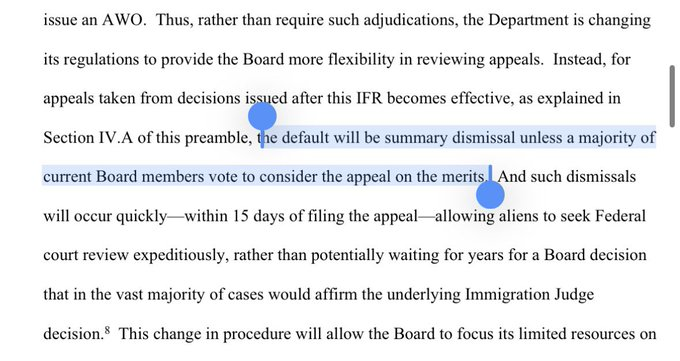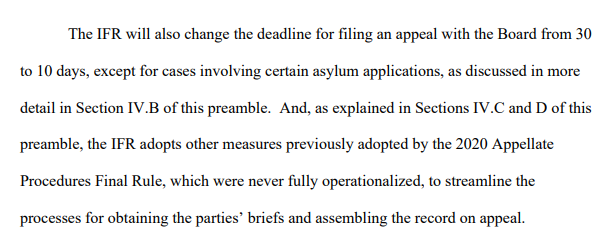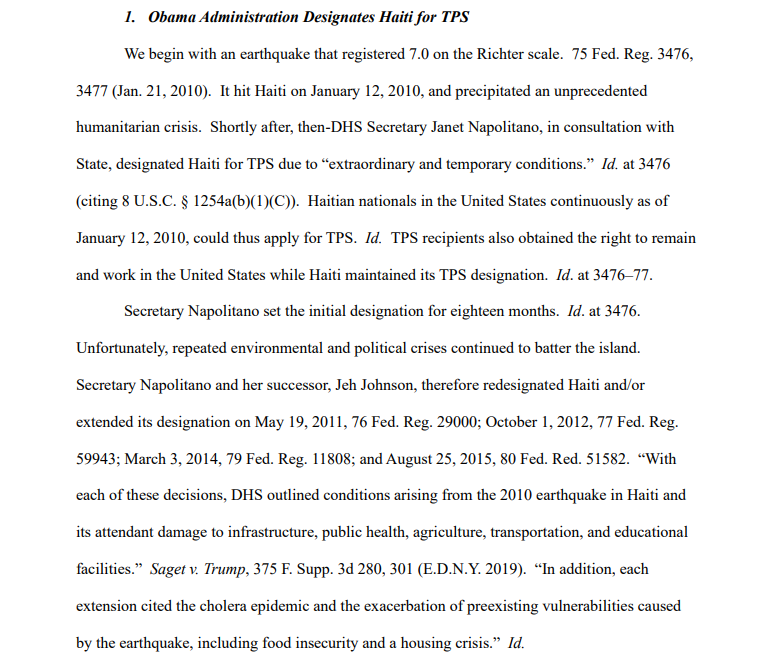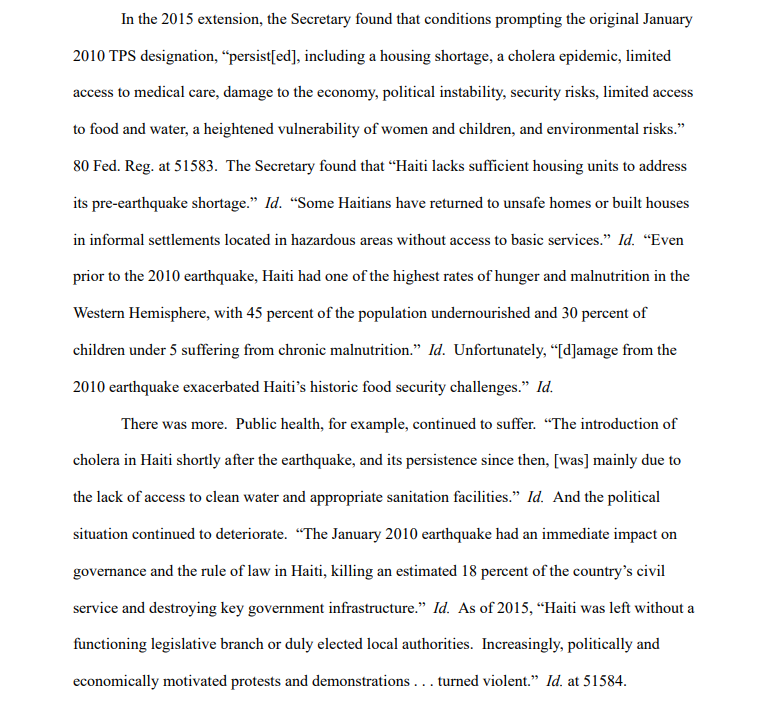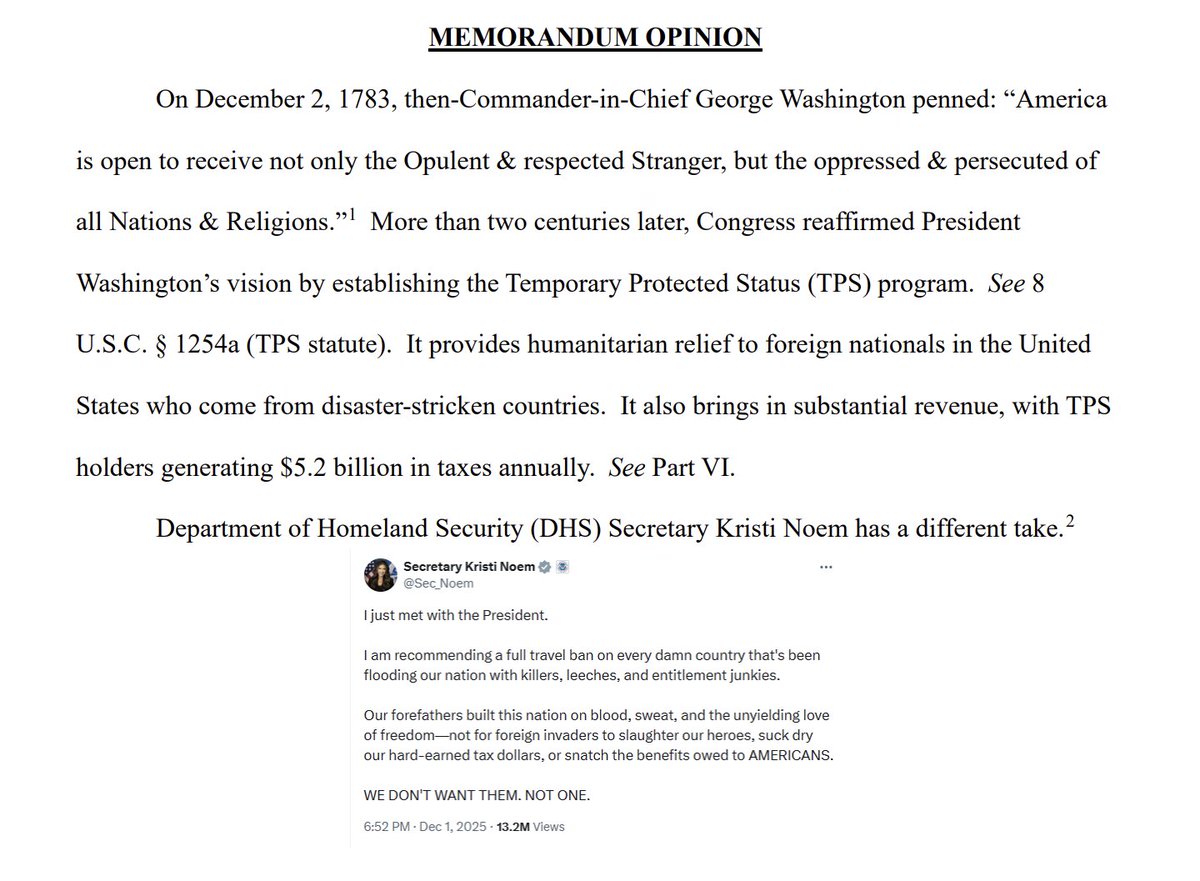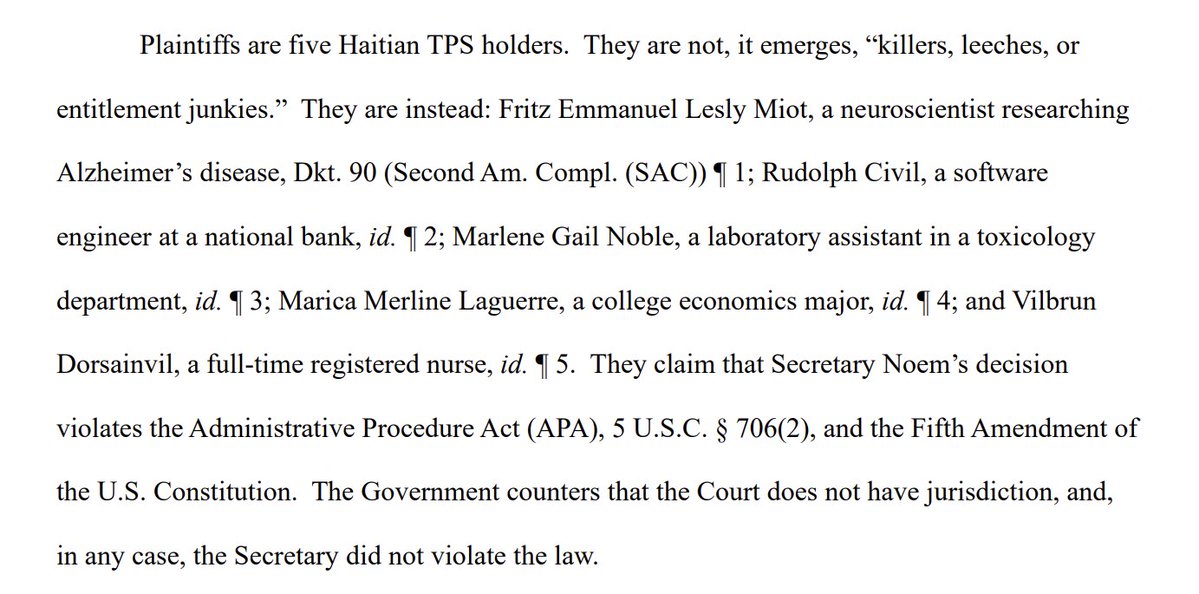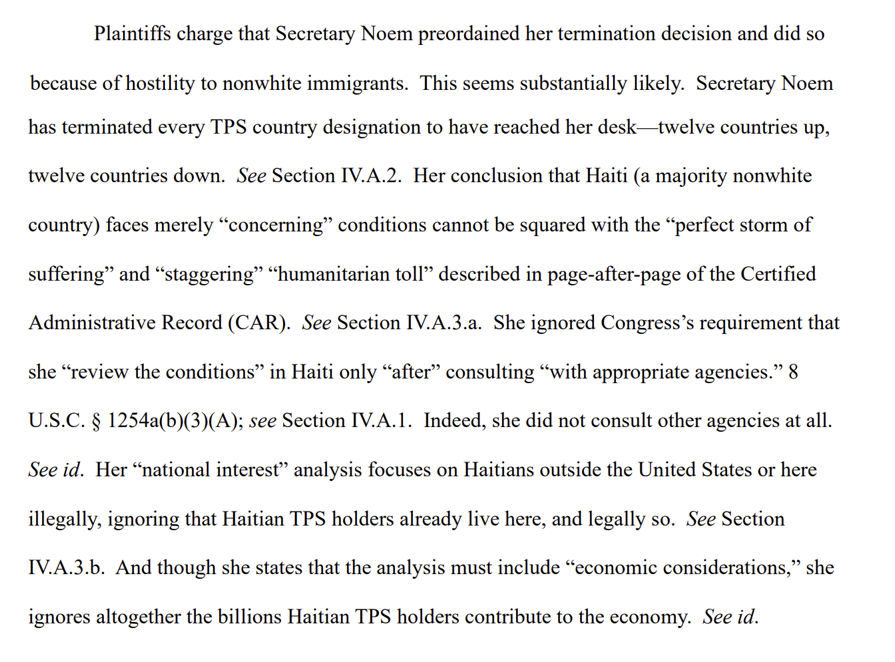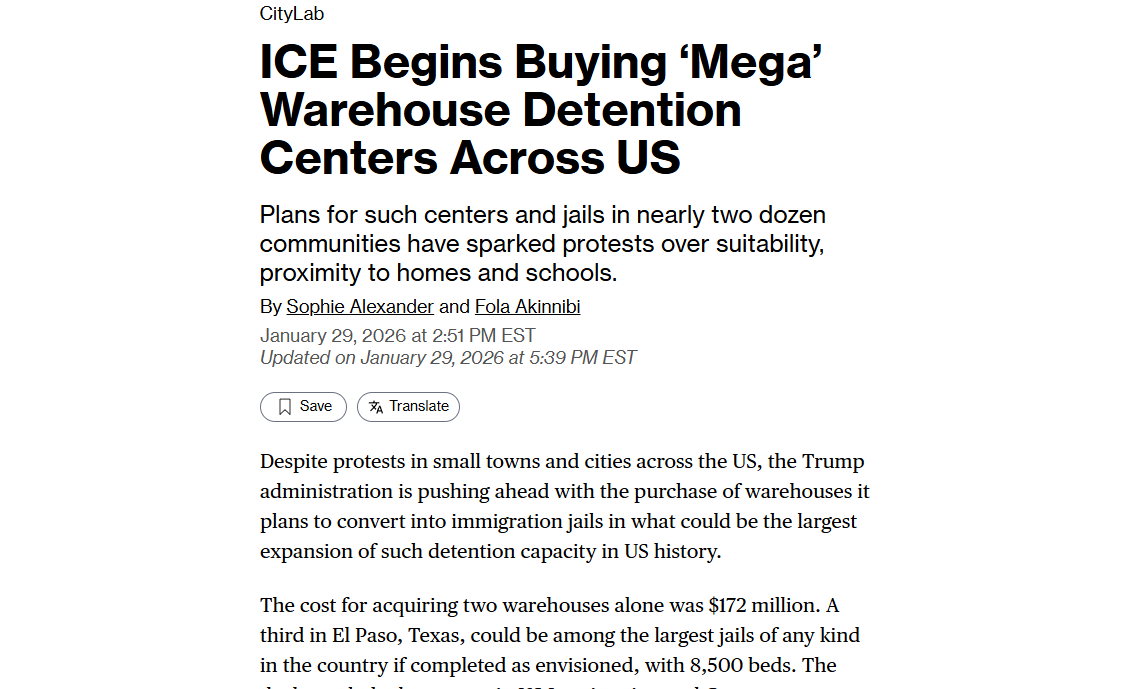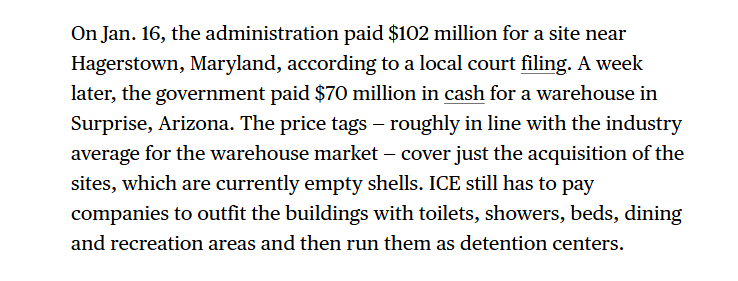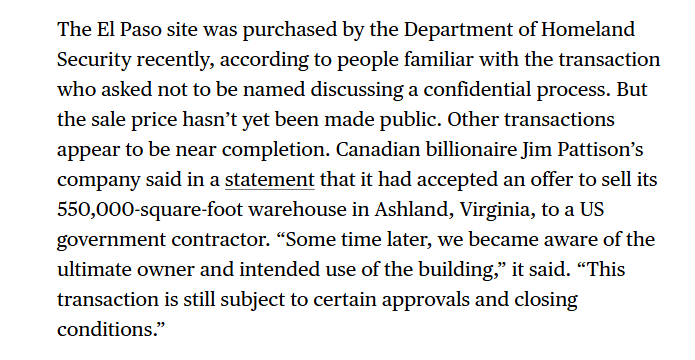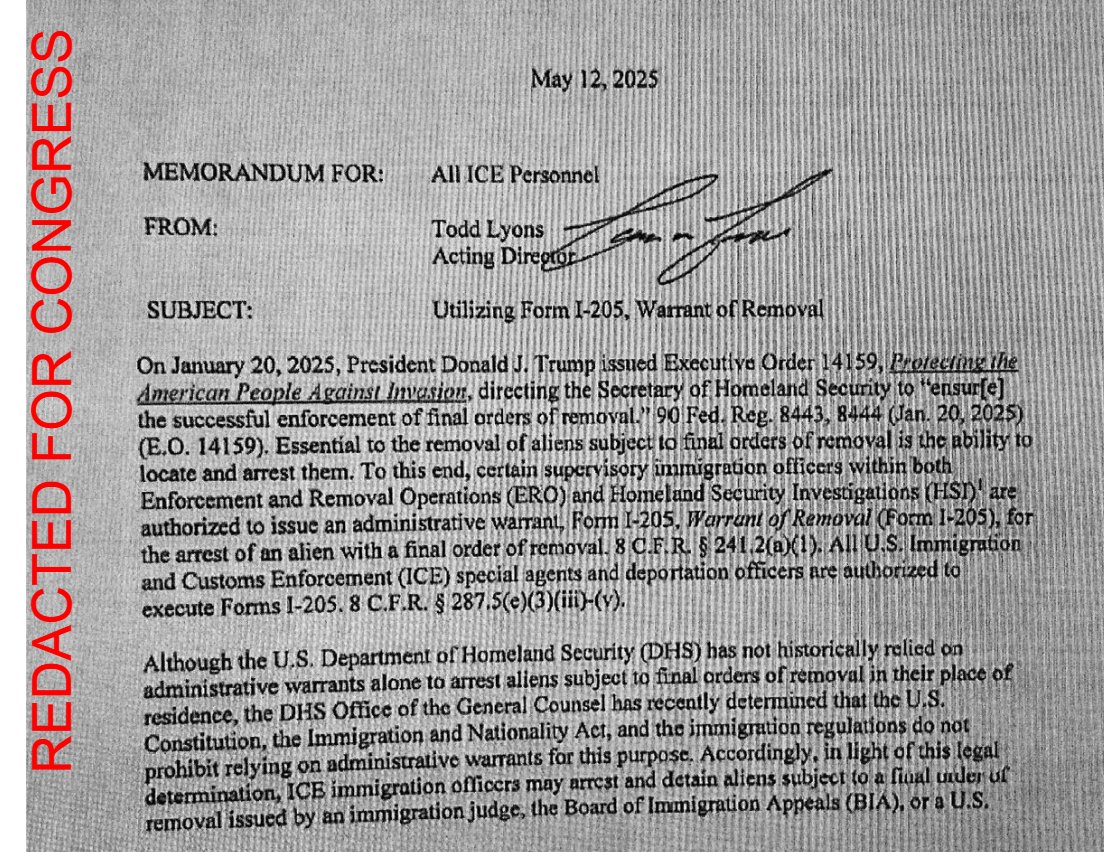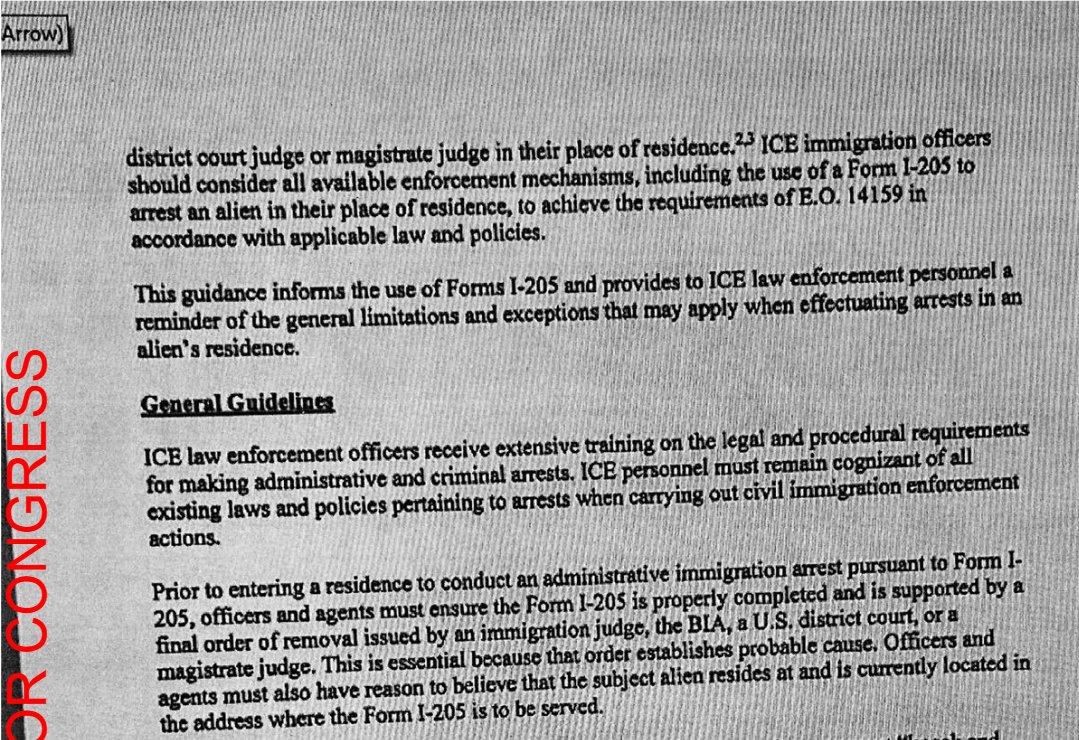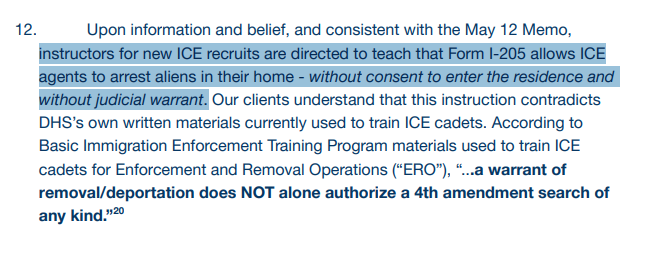Three things:
1. This release is yet another example of the extreme politicization of agencies which have traditionally been scrupulously non-political.
2. 85% of non-citizen arrests were for immigration crimes.
3. The underlying report is professional and not inflammatory.
1. This release is yet another example of the extreme politicization of agencies which have traditionally been scrupulously non-political.
2. 85% of non-citizen arrests were for immigration crimes.
3. The underlying report is professional and not inflammatory.
https://twitter.com/RAVerBruggen/status/1164531399308840963
Today's BJS report is definitely interesting. Despite the inflammatory headline from the press release, the data actually shows that when you exclude immigration arrests, there are actually FEWER arrests of non-citizens than in previous years.
Here's data from Table 2:
Here's data from Table 2:

Of course, the data looks VERY different when you start counting immigration-related crimes like improper entry or illegal reentry. Under the Trump administration, prosecutions for these crimes have surged—making federal arrest numbers go way up.
Here's data from Table 2 again.
Here's data from Table 2 again.
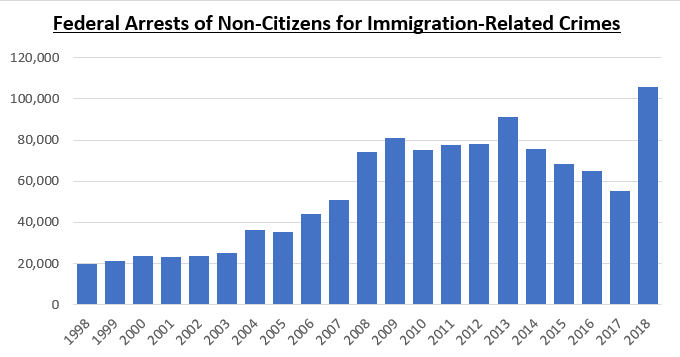
The report also shows that certain kinds of federal arrests are weighted towards U.S. citizens, while others are weighted towards non-citizens.
Federal immigration-related arrests? Overwhelmingly non-citizens.
Federal weapons arrests? Overwhelmingly U.S. citizens.
Federal immigration-related arrests? Overwhelmingly non-citizens.
Federal weapons arrests? Overwhelmingly U.S. citizens.

In many ways this report seem to fit squarely with what people like @AlexNowrasteh have been saying for years; when you exclude crimes which are incidental to immigration and the border, non-citizens already inside the U.S. are no more likely to commit crimes than citizens.
@AlexNowrasteh Another interesting tidbit? Table 11 breaks out immigration-related arrests across the 9 SW Border Sectors, and matches it with CBP data—showing that prosecutions bear little relationship to apprehensions.
Apprehensions going up =/= prosecutions going up, and vice versa.
Apprehensions going up =/= prosecutions going up, and vice versa.

• • •
Missing some Tweet in this thread? You can try to
force a refresh


